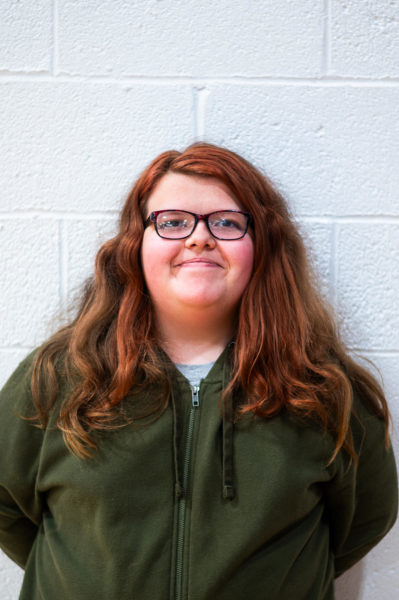The Kids Online Safety Act (KOSA) is, in summary, a bill attempting to make the Internet a safer place for kids. It would allow widespread parental controls for minors and age verification for any sites that may contain harmful information.
Content sites like YouTube and Instagram would be required to allow users to, “opt-out of algorithm-based recommendations,” as described by The Guardian.
The bill also mentions how there would be a Kids Online Safety Council (KOSC) that would help alter what sites are age-restricted as time goes by. The council would include health professionals, academic experts, experts in mental health, and parent and youth representatives, to name a few.
Congress.gov has a summary of the bill, where it states that affected sites must:
“Disclose specified information, including details regarding the use of personalized recommendation systems and targeted advertising
Allow parents, guardians, minors, and schools to report certain harms
Refrain from facilitating advertising of age-restricted products or services (e.g., tobacco and gambling) to minors
Annually report on foreseeable risks of harm to minors from using the platform.”
Sophomore Harrison Schultz said: “I believe it is a very responsible way to limit adolescent exposure to the more mature aspect of the internet.”
Despite this seemingly being an overall good bill, it still presents many issues. Depending on who is elected to the KOSC, it could be heavily influenced by political parties.
A perfect balance between political leanings in candidates is virtually impossible. This could make it so that one party could be able to block sites that they deem as inappropriate for kids, while the other disagrees.
A main concern is potential violations of the First Amendment. Human rights groups like the American Civil Liberties Union (ACLU) argue that the bill limits free speech online, reduces online privacy for all individuals, and encourages censorship of content.
Another area of concern is a duty of care suggested by the bill; requiring all affected sites to have a duty to protect minors from harm, by reducing potential exposure to dangerous material.
The ACLU stated: “While the revised duty of care requirement purports [appears] to regulate “design features” instead of speech, the ultimate impact of this provision is still that platforms will censor protected speech for fear of being held legally liable.”
A previous iteration of the bill warranted a signed letter from 90+ human rights organizations voicing their concerns over the weaponization of the bill.
The Guardian said: “Glaad, the Human Rights Campaign, and the Trevor Project,” have all withdrawn their statements, while “the Center for Democracy and Technology, the Electronic Frontier Foundation, Fight for the Future, and the ACLU,” have not.
Junior Marcella Simpson had this to say when asked about the modern iteration bill: “I think it is a great idea, but for kids under the age of 15. By the age of 15, a child should be able to make their own positive decisions.”
This seems to reflect the general opinion from the student population; that it treats older minors like they are much younger than reality.





